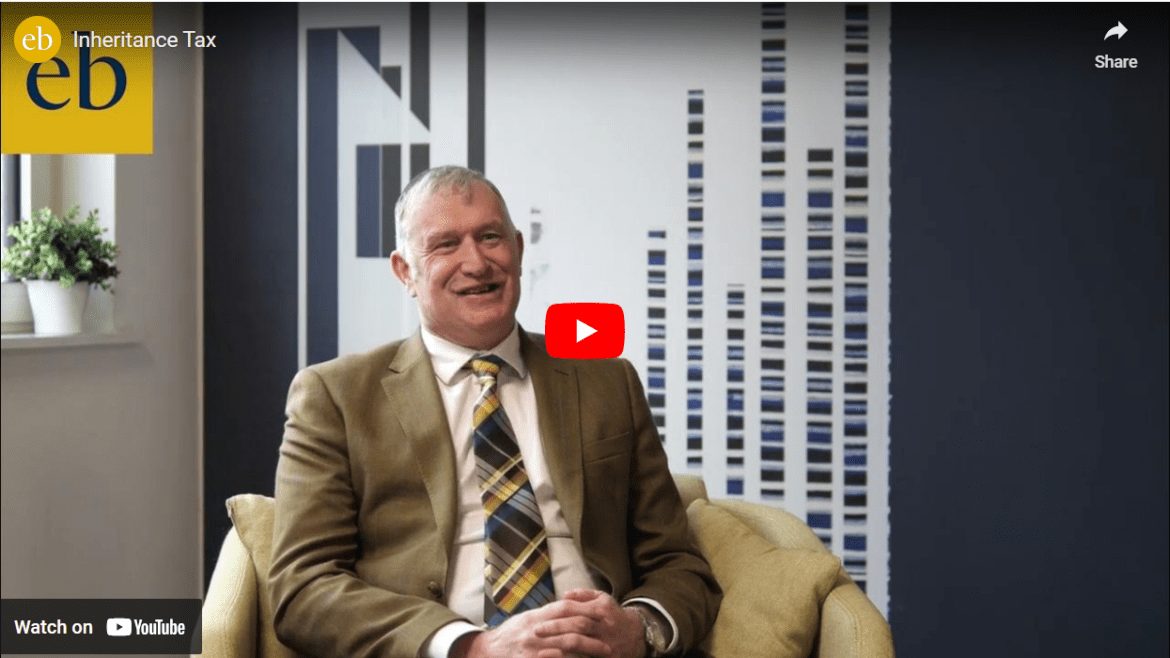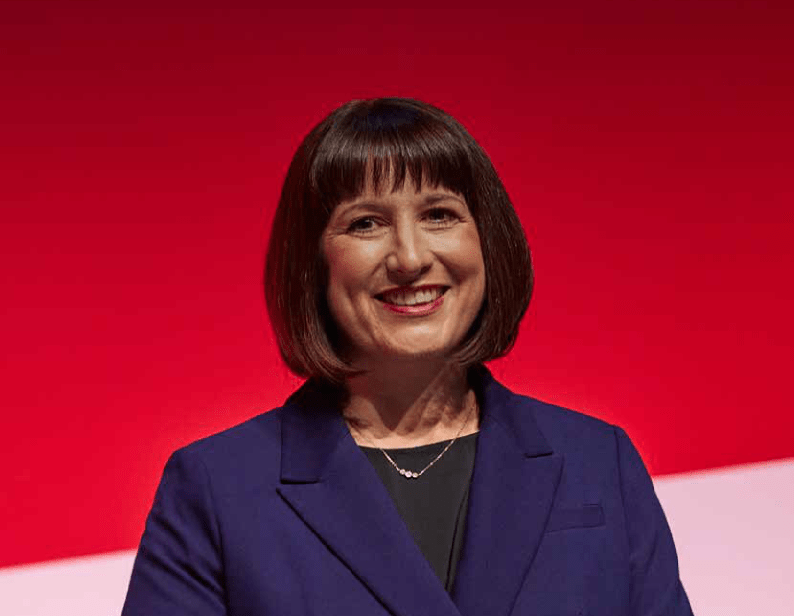The retirement cash flow planning process
https://www.ellisbates.com/wp-content/uploads/2025/01/Ebookbrochure-socials-1024x535.png 1024 535 Jess Easby Jess Easby https://secure.gravatar.com/avatar/70f816837c455030814d46a740cfc12d89893aaf8cbf8c8f8f59387d7b30ac08?s=96&d=mm&r=g
Are you looking to create your retirement cash flow plan?
Contact us now for more information. We assist you in analysing your current financial situation and creating a customised plan to ensure your retirement meets your goals. If it turns out that your cash flow plan falls short, don’t worry we have various retirement planning strategies to help get you back on track.
Get in touch to see how we can help:






 Actionable steps to ensure you’re progressing steadily toward financial stability and independence.
Actionable steps to ensure you’re progressing steadily toward financial stability and independence.
 The perfect moment to take stock of your financial ambitions
The perfect moment to take stock of your financial ambitions





